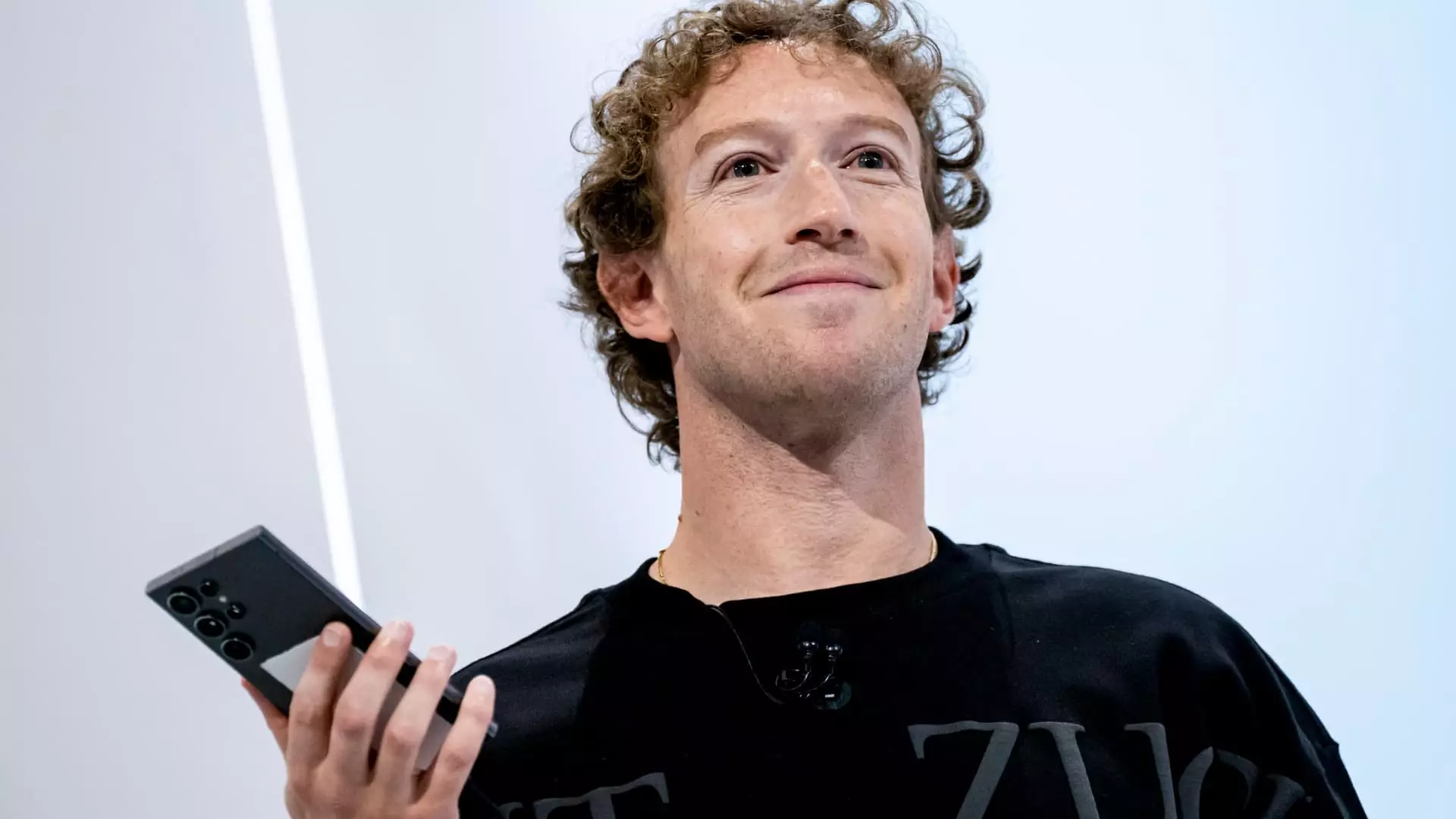In an era where misinformation can spread like wildfire, social media platforms bear the brunt of scrutiny regarding their influence on public health dialogue. Recent statements by Meta CEO Mark Zuckerberg during a podcast with Joe Rogan have reignited discussions surrounding the interplay between governmental pressure, content moderation on social media, and public trust in vaccines. Zuckerberg’s comments outline a narrative that suggests a complicated relationship between the Biden administration and tech companies concerning the dissemination of information about COVID-19 vaccines.
Zuckerberg stated that Meta felt pressured by the Biden administration to take down content discussing potential side effects of COVID-19 vaccines. He characterized himself as supportive of vaccines, acknowledging their benefits outweighing negatives. However, he also raised concerns regarding governmental attempts to suppress dissenting views. His assertion that “they basically pushed us and said, you know, anything that says that vaccines might have side effects, you basically need to take down,” raises ethical questions on where the line lies between protecting public health and stifling free speech.
Critics of Zuckerberg’s perspective may argue that the swift removal of misleading information is essential in a public health crisis. The potential risks of misinformation could lead to a more significant public health threat, particularly given the global response to the pandemic. On the other hand, there are valid concerns about the implications of a centralized authority dictating what constitutes legitimate discourse on health.
In light of these discussions, it is noteworthy that Meta has decided to shift from relying solely on third-party fact-checkers to community notes, allowing users to contribute their insights regarding the validity of information. This strategy represents a significant pivot in Meta’s approach to moderating content on its platforms, aligning with a more decentralized model of truth verification similar to that utilized by competitor X.
This move could serve multiple purposes: reinstating trust in the platform by empowering users and potentially diffusing accusations of bias inherent in conventional fact-checking methods. Nonetheless, the effectiveness of community-driven fact-checking remains to be seen, as it could lead to further polarization if users become embroiled in echo chambers of like-minded opinions, rather than fostering constructive discourse.
The political backdrop adds another layer of complexity to Zuckerberg’s statements. Following Biden’s critique of Meta’s new content moderation policies, it became apparent that the company’s leadership is under scrutiny from all sides. Zuckerberg’s comments suggest a desire to distance Meta from any controversial narratives, particularly given Biden’s assertion that allowing unchecked information flow is “really shameful.” This pushback highlights how tech companies can find themselves ensnared in political crossfire, ultimately affecting their operational decisions.
The appointment of Joel Kaplan, a former Republican staffer, to lead global affairs within Meta indicates that the company may be attempting to mimic traditional political strategy—capturing favor with the incoming administration while navigating an increasingly polarized landscape. As a major player in the digital realm, Meta’s positioning must accommodate both governmental scrutiny and public sentiment regarding the safety and efficacy of vaccines.
During the podcast, Zuckerberg underscored his concerns over the regulatory environment for technology industries in the United States, particularly when compared to the European Union’s track record of imposing significant fines. His belief that the U.S. government has not done enough to protect its tech industry reflects the growing trepidation about external influences dominating the conversation surrounding American digital companies.
As the landscape continues to evolve, navigating this complex web of regulation, public discourse, and corporate responsibility will be vital for Meta and similar organizations. The challenge lies in preserving the balance between informative dialogue on public health and curbing harmful misinformation while ensuring that individual rights to free expression remain intact.
Zuckerberg’s remarks during his discussion with Joe Rogan shine a light on the unpredictable dynamics at play in the relationship between social media platforms, government entities, and public health advocacy. As technology continues to redefine communication, maintaining a dialogue that respects both the pursuit of truth and the necessity for informed public health policy remains paramount. The ramifications of these conversations will likely influence not only the future policies of Meta but also shape societal attitudes toward vaccines and the role of technology in modern democracies.

